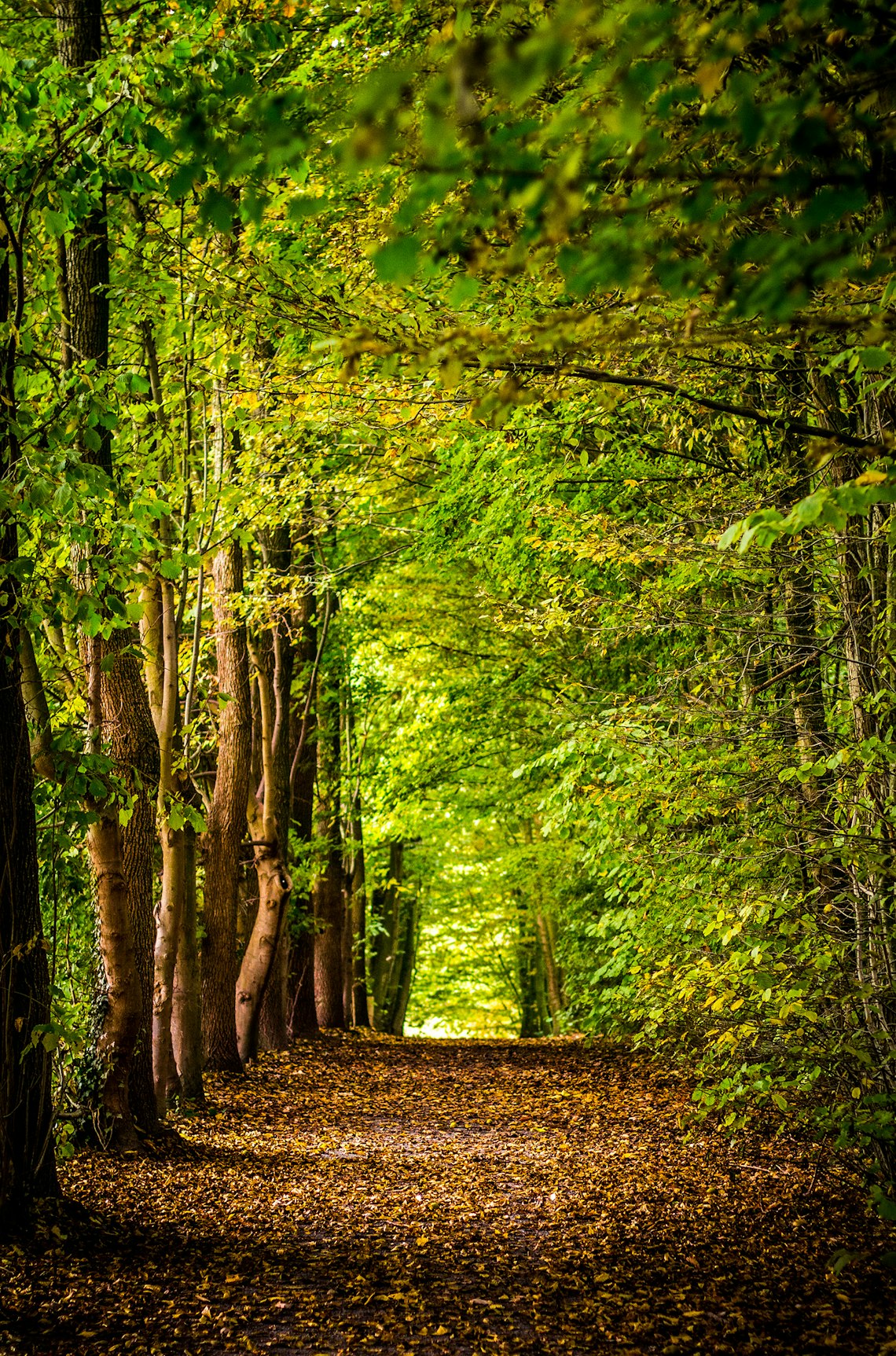Picture a tranquil and lush forest, vibrant with life and greenery. The chirping of birds, the rustling of leaves in the wind, and the soothing scent of nature create a serene setting for both humans and animals. However, climate change has significantly altered the dynamics within these once calm forests.
Over the past few decades, the Earth's climate has been rapidly changing due to human activities, primarily the release of greenhouse gases into the atmosphere. These gases trap heat from the sun and result in rising temperatures globally, leading to a myriad of environmental consequences.
One of the most noticeable impacts of climate change is the increase in frequency and intensity of forest fires. The higher temperatures, coupled with prolonged dry periods, create ideal conditions for fires to ignite and spread rapidly.
Warmer temperatures mean more evaporation, which in turn dries out vegetation, turning it into fuel for potential fires. As forests become drier and more prone to ignition, the risk of devastating wildfires escalates.
The effects of climate change on forest fires are evident around the world. In regions once accustomed to relatively mild fire seasons, such as the western United States and parts of Canada, the number and severity of fires have skyrocketed.
Unprecedented heatwaves, reduced snowfall, and prolonged droughts have all conspired to create tinderbox conditions. The combination of these factors has led to longer fire seasons, with fires burning hotter and spreading faster, often overwhelming the efforts of fire management teams.
The impact of forest fires is not limited to the immediate destruction they cause. These fires release vast amounts of carbon dioxide, a greenhouse gas, into the atmosphere. This creates a positive feedback loop as the increased carbon dioxide further fuels climate change, exacerbating the very conditions that caused the fires in the first place.
The destruction caused by forest fires is far-reaching. These fires consume forests that serve as vital carbon sinks, habitats for countless species, and sources of pristine freshwater. The loss of these ecosystems disrupts the delicate balance of nature and threatens biodiversity.
The consequences of forest fires extend beyond the direct effects on the environment. Fires can ravage communities, destroying homes, businesses, and infrastructure. The displacement of people and the loss of lives have a profound impact on individuals and societies.
Addressing the impact of climate change on forest fires requires comprehensive efforts. We must reduce greenhouse gas emissions, transition to cleaner energy sources, and implement sustainable land management practices to mitigate the intensity and frequency of fires.
As individuals, we can also contribute by supporting reforestation initiatives, promoting responsible consumption, and raising awareness about the importance of preserving our forests. Together, we can strive to restore the balance in our changing world and protect the beauty and resilience of our forests.




